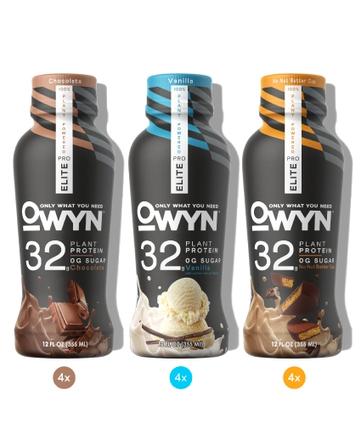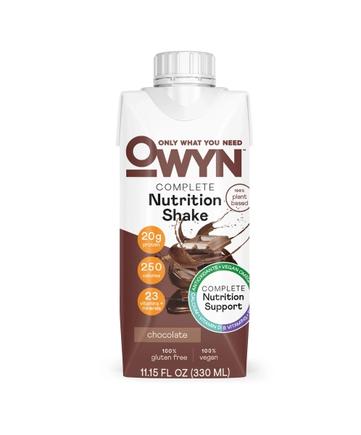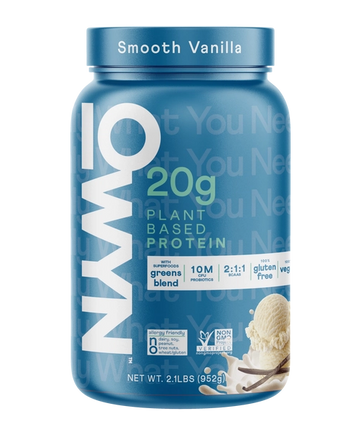Save 10% OFF All Subscription Orders.
Save 10% OFF All Subscription Orders.
Non-Dairy vs. Dairy-Free: What’s the Difference?
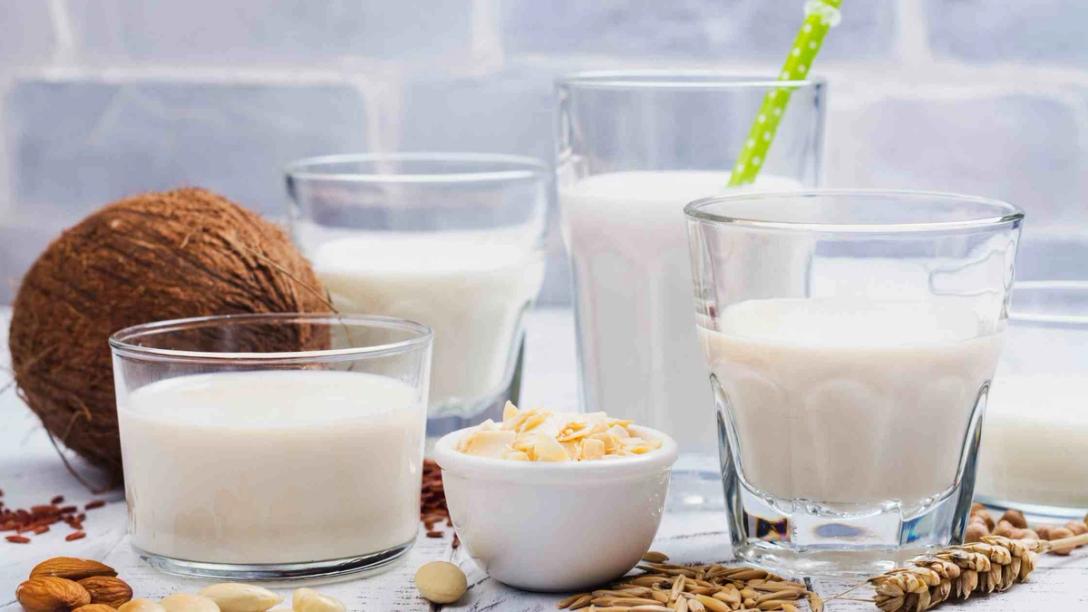
You’ve probably seen it, a protein shake on the shelf with the ‘Non-Dairy’ label. But did you know that the same shake may *still* contain a milk derivative?! We’ll give you the 411.
Non-dairy and dairy-free seem to have one factor in common — the absence of milk.
What you might not realize is that non-dairy products can still contain milk! Dairy-free means the complete absence of all dairy ingredients, including lactose. While non-dairy refers to products that can contain a milk derivative. You can find milk derivatives in non-dairy protein shakes, non-dairy creamer, and non-dairy cheeses.
A few milk derivative examples include:
- Casein, caseinate
- Whey, whey powder
- Lactose, milk sugar
- Dry milk powder
- Non-fat milk powder
The distinction between non-dairy and dairy-free is important when you have a milk allergy or intolerance, or are following a vegan diet. The quickest way to identify a product that contains milk derivatives is by looking for “contains: milk” on the ingredient list.
You might be wondering how products can contain dairy, even though they are labeled non-dairy. Many years ago, a regulation was created to prevent dairy consumers from mistaking dairy-like foods for dairy products. It wasn’t intended to help dairy-free consumers from identifying foods with milk ingredients.
OWYN’s vegan protein shakes are 100% dairy-free and never contain any dairy or milk derivatives. Every ingredient and the finished product are tested to ensure there is no cross contact with the top 8 allergens, including milk.

Protein Shakes
20g of plant protein with allergen-friendly ingredients, low sugar, a multi-source plant protein blend, superfood greens, and vegan omega-3s. Rich & decadent in flavor, ideal for on-the-go.
Shop NowSome helpful tips that make it easy to identify a dairy-free product include:
- Look for trusted brands
- Check the food allergen list
- Look for the vegan logo
- Confirm with a health expert
- Read all the ingredients
- Avoid products that say “contains: milk”
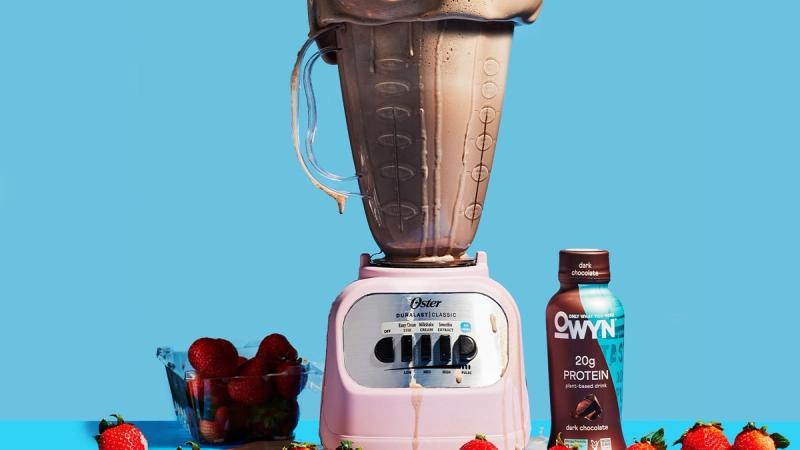
The Surprising Truth About Skipping Breakfast
Is breakfast really the most important meal in the day? Here’s what a recent scientific study has to say about the never-ending breakfast debate.

Lactose Intolerance and Whey Sensitivity
Do the words whey, lactose, isolate, milk protein, casein, protein concentrate and vegan protein all have clear definitions for you? Do you know what each one does in your body? If you are lactose intolerant, can you have whey? Is there lactose-free, whey protein?

Chocolate Dipped Strawberry Protein Shake
Craving something that tastes like dessert but still delivers on nutrition? The Chocolate Dipped Strawberry Protein Shake is rich, refreshing, and perfect as a post-workout boost, afternoon pick-me-up, or anytime you want a chocolatey, feel-good treat.
